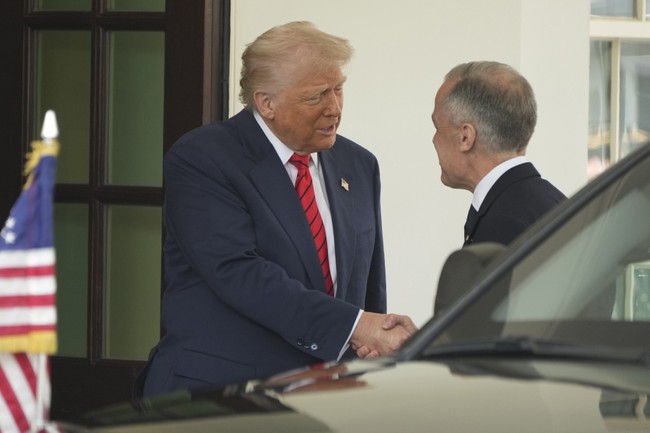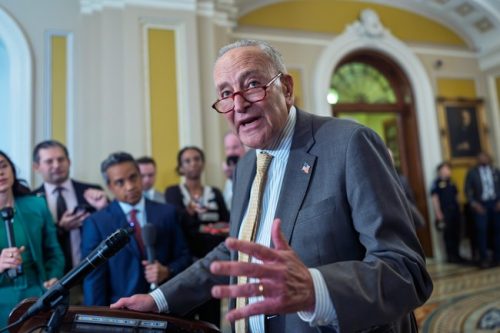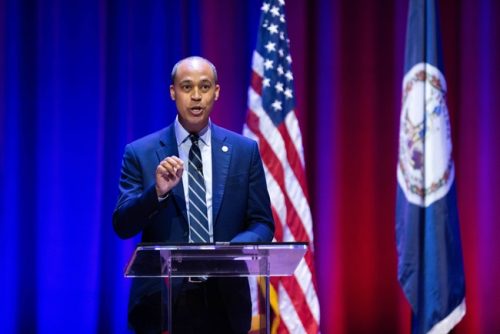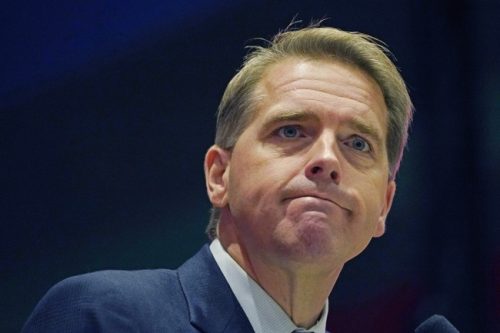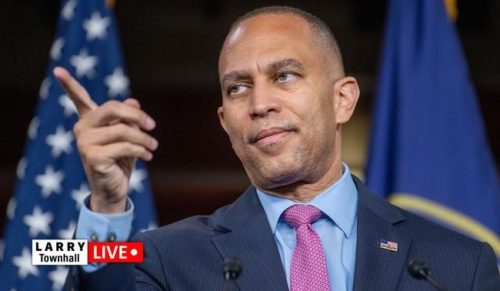President Trump announced he is suspending trade talks with Canada after an ad ran using edited audio of Ronald Reagan criticizing tariffs. Trump posted two lengthy statements on Truth Social calling the ad fake and accusing Canada of trying to influence U.S. courts. The Reagan Foundation says the ad uses selectively edited audio and that Ontario did not get permission to use the remarks. This move raises legal questions and sharp policy differences over tariffs and national security.
Trump said he would halt negotiations after the ad surfaced and forcefully framed tariffs as essential to American security and prosperity. In his view, the ad was not an honest debate over trade but a calculated attempt to sway court decisions and public opinion. That claim sets up a hardline posture that treats trade tools as part of national defense. It also signals a tougher approach to partners seen as taking advantage of U.S. farmers and industry.
Trump wrote on Truth Social:
The Ronald Reagan Foundation has just announced that Canada has fraudulently used an advertisement, which is FAKE, featuring Ronald Reagan speaking negatively about Tariffs. The ad was for $75,000,000. They only did this to interfere with the decision of the U.S. Supreme Court, and other courts. TARIFFS ARE VERY IMPORTANT TO THE NATIONAL SECURITY, AND ECONOMY, OF THE U.S.A. Based on their egregious behavior, ALL TRADE NEGOTIATIONS WITH CANADA ARE HEREBY TERMINATED. Thank you for your attention to this matter! President DJT
Hours later he doubled down, calling out Canada and praising the Reagan Foundation for exposing what he labeled fraud. His rhetoric mixes economic grievance with national-security language, a combination that has defined his trade agenda. This stance makes a return to business-as-usual talks much less likely without clear concessions. It also escalates tensions with a close neighbor and long-term ally.
He followed up hours later with another post, writing:
CANADA CHEATED AND GOT CAUGHT!!!They fraudulently took a big buy ad saying that Ronald Reagan did not like Tariffs, when actually he LOVED TARIFFS FOR OUR COUNTRY, AND ITS NATIONAL SECURITY. Canada is trying to illegally influence the United States Supreme Court in one of the most important rulings in the history of our Country. Canada has long cheated on Tariffs, charging our farmers as much as 400%. Now they, and other countries, can’t take advantage of the U.S. any longer. Thank you to the Ronald Reagan Foundation for exposing this FRAUD. MAKE AMERICA GREAT AGAIN!!!
The Ronald Reagan Presidential Foundation and Institute said in a statement that the Canadian government launched an ad campaign using “selectively edited” audio from Reagan’s April 25, 1987, “Radio Address to the Nation on Free and Fair Trade.” “The ad misrepresents the Presidential Radio Address, and the Government of Ontario did not seek nor receive permission to use and edit the remarks,” they wrote. The foundation said it is reviewing possible legal action over how the audio was used.
🚨🇺🇸 🇨🇦 TRUMP: ALL TRADE NEGOTIATIONS WITH CANADA ARE HEREBY TERMINATED
“The Ronald Reagan Foundation has just announced that Canada fraudulently used a fake advertisement featuring Ronald Reagan speaking negatively about tariffs.
The ad cost $75,000 and was meant to interfere… https://t.co/Rswog7l0d8 pic.twitter.com/lPL0upJh8f
— Mario Nawfal (@MarioNawfal) October 24, 2025
Context matters: Reagan’s own trade policy balanced free-market goals with targeted measures against unfair practices, not the blanket tariff strategy critics associate with President Trump. Reagan defended some targeted tariffs, especially against Japan, while generally promoting trade liberalization as part of a larger economic agenda. Trump, by contrast, has used tariffs broadly as leverage and as a centerpiece of economic policy. That difference helps explain why this ad resonated and why the response was so sharp.
From a Republican perspective, defending American producers and protecting national security through trade tools is a legitimate approach, and leaders must react when they see interference. Suspending talks with Canada sends a clear signal that economic fairness matters and that Washington will not ignore perceived manipulation or exploitation. At the same time, breaking off negotiations with a close partner carries real costs and requires a plan to protect U.S. supply chains and farmers. The coming days will test whether this posture produces concessions or prolonged disruption.
Legal scrutiny from the Reagan Foundation adds another layer that could force a reset or a courtroom fight over the ad itself. If the foundation pursues action, it could clarify how political speech, archival material, and cross-border campaigns intersect with law and diplomacy. Meanwhile, officials must weigh whether to reopen talks under stricter terms or hold firm to a posture that treats tariffs as inseparable from national security. The situation remains fluid, with trade, law, and politics all on the table.

